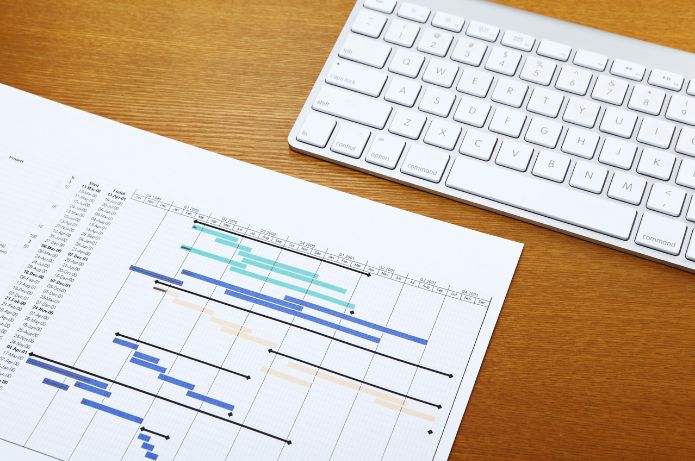The tax reform will lead to the increase of prices of almost 600 thousand items, between products and services, and will impact supplier companies framed in the Simples Nacional. In addition, the rate of Value Added Tax (VAT) dual (CBS) constituted by the Contribution on Goods and Services (CBS) and the Tax on Goods and Services (IBS) (IBS) can reach 30.3%, above the 26.5% so far disclosed.
The alert comes from tax lawyer Lucas Ribeiro, founder and CEO of ROIT, a company specialized in artificial intelligence applied to tax, accounting and financial management. Ribeiro highlights important points that, until then, went unnoticed.
The study presented by Ribeiro is based on a wide database of ROIT itself, specialized in serving companies from various economic activities framed mainly in the Real Profit regime, with ancillary obligations of the Public Digital Bookkeeping System (Sped), the Federal Revenue and tax documents. The information of 837 companies from all over the country were compiled, which together invoice R$ 470 billion a year.
The expert explains that the analysis of the impact of tax reform should carefully focus on the recalculation of the purchase prices of goods, services and other items not taxed today, such as the lending, the rental of movable and immovable property, the loans taken, among several others. “Up to the points of loyalty programs will be taxed!”, says the expert.
The calculation needs to consider the taxes levied throughout the chain, so that only then insert the new taxes. From this recomposition it is possible to define the new sales prices, to ensure that the margin is not compromised with the new system. This is one of the reasons why a company can not be guided by the change in rates and need to pay attention to the change in prices, item by item, from now on. Ribeiro notes that, in many cases, companies are interpreting the tax reform in a wrong way, concerned about the rate, when they should be concerned about the calculation base, which will be much broader.
In this sense, the survey identifies almost 600 thousand items (584 thousand, to be exact) that will need to suffer an increase. These are products and services of the most varied types. Already by the Treasury, in order to avoid loss of collection, Ribeiro warns that it is impossible, under the conditions set, that the rate of dual VAT is in fact only 26.5%, considering the scenario of these companies analyzed.
“To understand the impact of the reform, we need to see the basis of collection. [And the complementary bill 68/2024] has 28 pages and more than 20 articles to define calculation of NEutrality’. It is complex to design this calculation, without being at risk of an extreme increase in revenue between 2027 and 2029.
Therefore, Ribeiro calls the VAT of the tax reform of “Ivao”, with characteristics that escape the concept of value added tax applied in the world.“It [VAT] identifies itself as simple, it says neutral and everything else, but it skips Carnival, it eats feijoada, bebe caipirinha.. It is a very different VAT, it is a very special VAT, it is a Brazilian VAT, and we have to take every care of it.”.
IMPACT ON COMPANIES IN THE NATIONAL SIMPLE
Another aspect that deserves care and has been neglected is the impact of tax reform on companies in Simples Nacional. This is because this segment is characterized as a supplier and customer of large companies, inserted in Real Profit, whose taxation is changed, among other aspects, by the generation of financial tax credits, that is, the credit will correspond only to the amount actually collected. It occurs that acquiring companies from Simples will not result in the generation of full credits, reducing the competitiveness of these companies.
Thus, large companies can lose R$ 1 billion in credits, for currently buying R$ 6.4 billion in goods and services. In order not to bear this loss, a risk is that Real Profit companies then dispense suppliers Simples Nacional, which would be a damage to this segment.
The output pointed out is the companies from Simples migrate to the Regular Regime, with the IBS and CBS determined as if they were in Real Profit, which is complex.“There are 6 million companies in Simples Nacional, which are not accustomed to the complexity of the non-cumulative tax regime. Migrating requires systems, processes, culture, knowledge; requires investments”, argues the tax officer.











